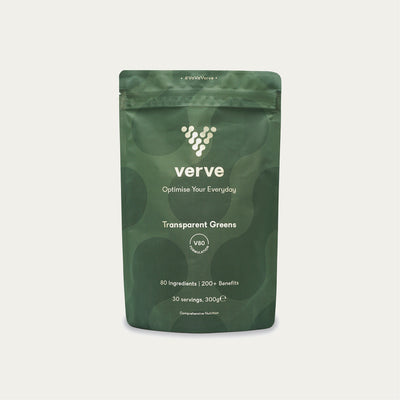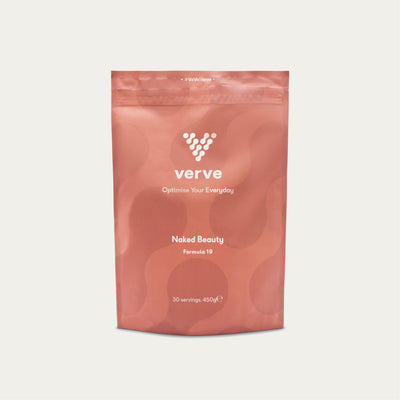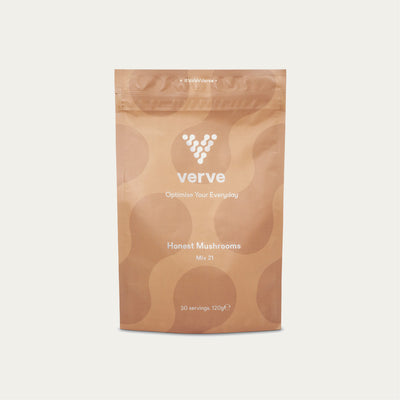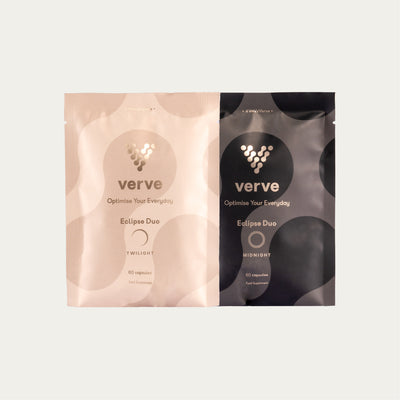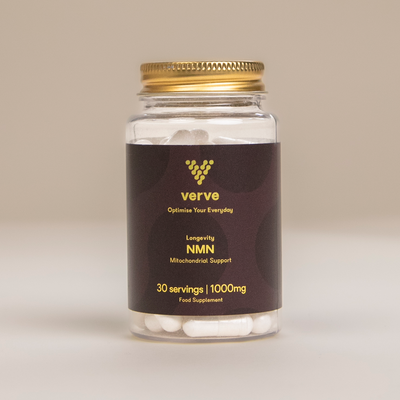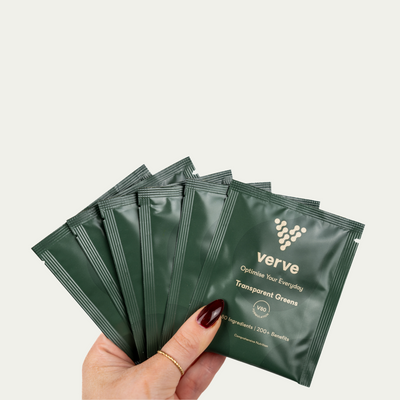Vitamin D Deficiency
Vitamin D is often called the "sunshine vitamin" because our body synthesises it upon exposure to sunlight.
It's commonly known for bone health, but it also plays a vital role in hair follicle cycling.
Research suggests that vitamin D receptors on hair follicles are necessary for the regeneration and growth of hair.
A lack of vitamin D can impede this process, potentially causing follicles to remain inactive and lead to hair thinning or the medical condition alopecia areata.
To tackle a deficiency, it's important to spend an adequate amount of time in sunlight, eat vitamin D-rich foods like fatty fish, fortified foods, and potentially take supplements.
Vitamin B Deficiency
The B-vitamin complex is a group of nutrients that have varied roles in maintaining general health, including hair health.
Biotin (vitamin B7), in particular, is synonymous with hair growth. It helps in producing keratin, a protein that forms the structure of hair.
A biotin deficiency, although rare, can cause hair to become fragile and result in increased hair loss.
Other B vitamins, like B12 and folic acid, are important for creating red blood cells which carry oxygen and nutrients to the scalp and hair follicles.
A balanced diet including meat, eggs, nuts, whole grains, and leafy greens usually supplies sufficient B vitamins, but supplementation is an option as well — especially if you have a deficiency.
Vitamin C Deficiency
Vitamin C is a powerful antioxidant that also aids in the body's production of collagen, an integral part of the hair's structure.
It helps protect against the oxidative stress caused by free radicals, which can block growth and cause your hair to age.
A deficiency in vitamin C can lead to hair that is weak, brittle, and prone to breakage.
Since the human body doesn't produce vitamin C, it must be obtained through fruits like oranges, strawberries, peppers, and Brussels sprouts, or dietary supplements.
Vitamin A Deficiency
Vitamin A is vital for cell growth, including hair, the fastest-growing tissue in the human body.
It also helps skin glands produce sebum, an oily substance that moisturises the scalp to keep hair healthy.
However, too much vitamin A can also contribute to hair loss, making it important to strike the right balance.
A deficiency in this vitamin can result in a dry, itchy scalp and lifeless hair. It’s most commonly found in sweet potatoes, carrots, pumpkins, spinach, and milk.
Vitamin E Deficiency
Vitamin E is another potent antioxidant that can prevent oxidative stress.
It can improve scalp circulation and repair hair follicles, promoting healthy hair growth.
A deficiency in this nutrient might lead to damaged hair follicles or increased hair breakage. There was a small study where participants who had taken Vitamin E saw minor improvements in hair growth, vs placebo.
To ensure you're getting enough vitamin E, include nuts, seeds, spinach, and avocados in your diet.
Iron Deficiency
Iron is a mineral that is critical for producing hemoglobin in the blood, which carries oxygen to your body's cells, including those that stimulate hair growth.
Iron deficiency, which can lead to a condition known as anemia, is a common cause of hair loss, especially in women.
The hair follicle and roots are fed by a nutrient-rich blood supply with the help of iron.
Without sufficient iron, this blood supply is compromised, affecting the hair growth cycle and may result in shedding.
To maintain adequate iron levels, consider including red meat, lentils, spinach, and iron-fortified cereals in your diet.
Zinc Deficiency
Zinc serves as a cornerstone for the development and rejuvenation of hair tissue, ensuring that your locks grow strong and healthy.
Additionally, it's the silent guardian of the oil glands encircling your hair follicles, ensuring they function smoothly and keep your hair well-hydrated.
Hair loss is a common symptom of zinc deficiency.
Zinc can be found in foods such as oysters, beef, pumpkin seeds, and chickpeas.
Although it's better to get zinc from your diet, some people may need to take supplements - but it's important to avoid heavy overdosing - as too much zinc can be harmful.
Selenium Deficiency
Selenium is essential for the production of the thyroid hormones that help regulate hair growth.
It also possesses antioxidant properties that help prevent hair damage from free radicals.
Low selenium levels can contribute to hair loss, poor hair texture, and discolouration. You can find selenium in Brazil nuts, seafood, eggs, and brown rice, but it's crucial to consume it in moderation as too much can be harmful.
Magnesium Deficiency
Magnesium is a mineral that's vital for over 300 biological processes, including hair growth.
It plays a role in protein synthesis and can help prevent hair follicles from becoming calcified, which promotes a healthy hair growth environment.
Magnesium can be naturally obtained from foods like almonds, whole grains, fish, and green leafy vegetables.
How to Prevent Hair Loss Due to Vitamin Deficiency
The good news is that hair loss caused by vitamin deficiency is preventable. Here are some tips to help you maintain healthy hair and prevent hair loss:
1. Eat a Balanced Diet
The best way to ensure you are getting enough vitamins for healthy hair is to eat a balanced diet. Include a variety of fruits, vegetables, whole grains, and lean proteins in your meals to get a good mix of vitamins and minerals.
2. Take Supplements
If you are not getting enough vitamins from your diet, consider taking supplements.
Use Supplements like Verve V80 to get a balanced spread of vitamins at 100% nutritional reference value (NRV).
Or, if you have a deficiency and need a higher dose, you can bump it up with extra strength supplements.
3. Use Hair Care Products with Vitamins
There are many hair care products on the market that contain vitamins and other nutrients to promote healthy hair growth.
Look for products that contain vitamins A, B, C, D, and E to help strengthen and nourish your hair.
4. Protect Your Hair from Damage
Excessive heat styling, chemical treatments, and harsh hair care products can damage your hair and lead to hair loss.
Be gentle with your hair and avoid using too much heat or harsh chemicals. Use a heat protectant when styling and opt for natural, gentle hair care products.
